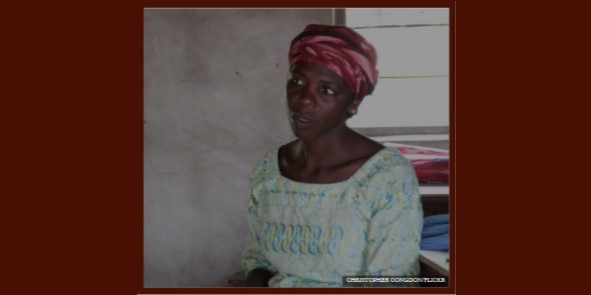
In Nigeria, a woman cannot autonomously decide the number and timing of children she wishes to have. Although governed by two separate anti-abortion laws – the penal code for the Northern states and the criminal code for the Southern states, both parts of the country are aligned in prohibiting abortions. The only exception comes from the authority of the British case, Rex v. Bourne (1938), which states that a woman is allowed to have an abortion to save her life or to preserve her mental and physical health.
Nigeria is not alone, however. In 2015, 93% of African women of child-bearing age lived in countries that have highly restrictive abortion laws. There are many reasons why women, young women being in the majority, opt to have abortions – such as wanting to complete their education, having conceived through rape, or lacking socio-economic resources to raise a child. Near the top of their list of considerations is also the social stigma attached to being pregnant outside wedlock. And society frowns even more heavily on women who upon becoming pregnant, decide to have abortions.
This thoughtful article goes on to discuss the history of attempts to reform the abortion law in Nigeria, so far unsuccessfully. It argues that claims that abortions should not be legally and socially accepted because of cultural and religious values actually reveals a complete blindness towards the suffering and lived experiences of many women. Between 1996 and 2006, the number of yearly abortions in Nigeria rose from 610,000 to 760,000. The figure is currently estimated at more than 1 million annually.
The author concludes by saying: “The sooner the government – and indeed the citizens – accept that the laws and social constructs we currently have in place are not just failing to stop women from getting abortions, but are actually directly putting women in harm’s way, and simultaneously draining our health and economic sectors, the better for us all.”
Meanwhile, it was reported in late July 2017 that the Minister of Health of Nigeria, Professor Isaac Adewole, said the Federal Government was planning to reduce hospital bills in public hospitals by taking measures to “drastically bring down the high maternal mortality rate in the country”. Whether that would include the high rate of unsafe abortions was not stated.
SOURCES: The Republic, by Tolu Ajiboye, 23 February 2017 ; PHOTO by Christopher Congdon/Flickr ; Tribune Online, by Soji-Eze Fagbemi, 26 July 2017



